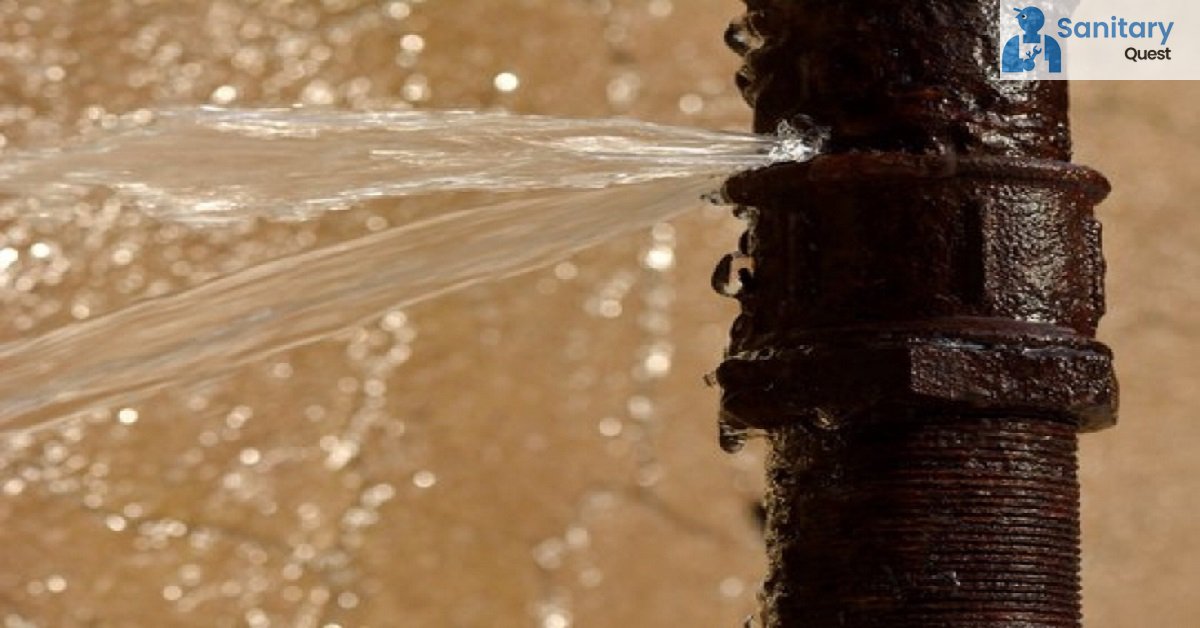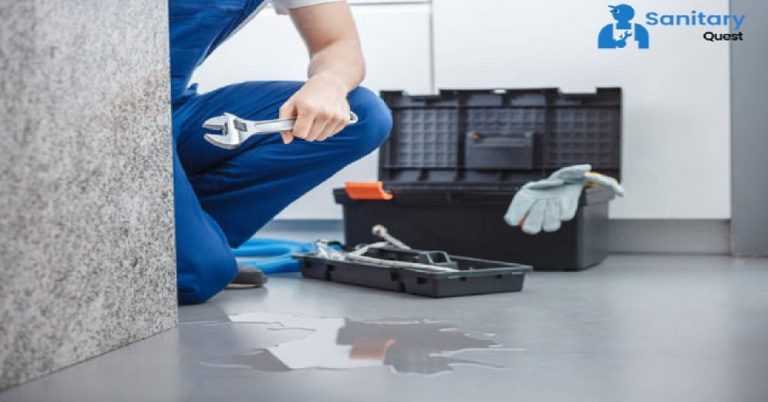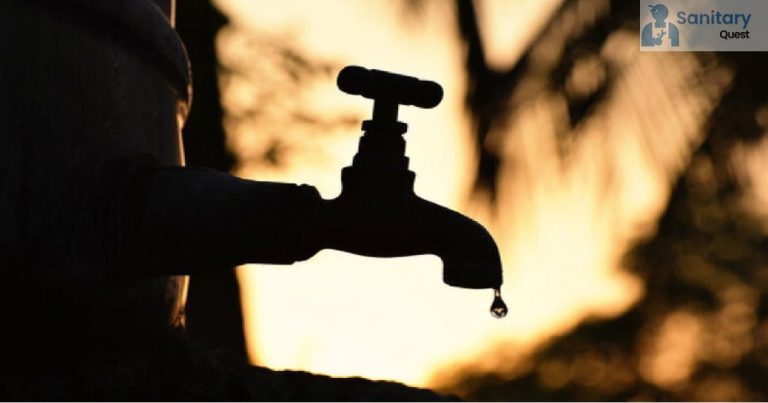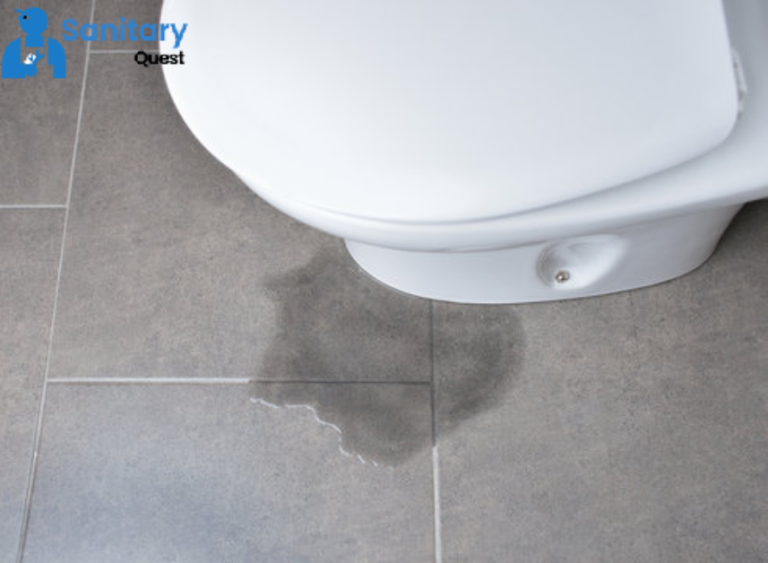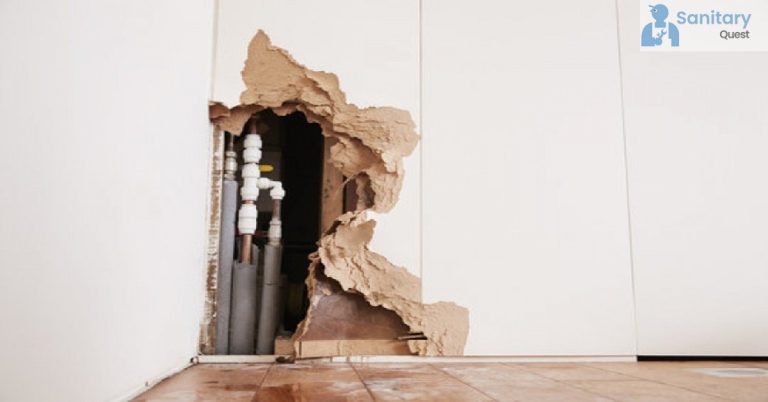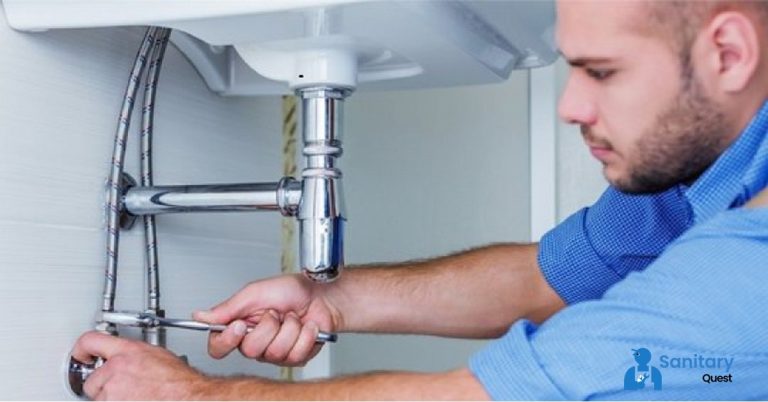Water Pressure Problems Are Worth Fixing
A very large range of water pressures is considered to be “just perfect” when it comes to the water pressure in a home. These pressures are about right; they are not too low or excessively high. However, a broad variety of other occurrences can drive your blood pressure outside of that range, and they can do so in any direction. These occurrences can have an adverse effect on your health.
A problem with low pressure is bothersome, but the underlying causes might be far more problematic than the symptom itself. In addition, if you have a problem with the pressure being too high, it might be wreaking havoc on the plumbing in your home and causing catastrophic damage. It is worth your time to test the water pressure, identify the elements contributing to the problem, and then take the necessary steps to get the readings back into the appropriate range.
How Can You Low Water Pressure?
It is common to notice low water pressure in the shower, where trickling water makes it difficult to rinse away soap, as well as at the kitchen sink, where it takes an excruciatingly long time to fill pots of water. In other instances, it is accompanied by a faint whistling sound emanating from your faucets.
You may determine the water pressure at your hose spigot by purchasing a water pressure gauge from any hardware shop and using it to do the test. Anything with a pressure that is lower than 30 psi is regarded to be dangerously low.
There are many potential reasons for low pressure, but only a handful can be considered seriously concerning. A leaking pipe may have caused the decrease in water pressure; however, this would imply that you are wasting water, which would drive up your water bill, and may even cause damage to your property.
To determine if there is a leak in your home, switch off all appliances that use water and then check the reading on your water meter. After you have gone two hours without using any water in your house, you should recheck the water usage on the meter. If the reading goes up, then it indicates that there is a leak.
It’s possible that the problem you’re having is due to a blockage in your plumbing, such as a buildup of minerals caused by hard water. Pipes that are underground have a greater risk of collapsing, which would lead to a blockage that is even more severe. In order to properly identify these issues, a plumber will often need to do a camera inspection.
Even if the low water pressure in your home is due to the water company that supplies your neighborhood, there is still a solution that can be implemented to fix the problem. By employing a component known as a pressure tank, you will be able to effortlessly raise the water pressure that is supplied to each of your fittings and accessories. Even though they are most frequently connected with well systems, pressure tanks can be utilized pretty much wherever that calls for a greater amount of pressure.
Mounting Pressure
If you notice that the water pouring out of your fixtures is abnormally powerful or you regularly hear a loud pounding when you turn off a faucet, you probably have high water pressure. Other signs of high water pressure include: In any scenario, you should get in touch with a plumber. A pressure gauge will give you unwavering assurance; remember that anything beyond 80 psi is dangerously high.
When the pressure is too high, the pipes, fittings, and fixtures in your house are put under excessive strain. This may happen for several different reasons. This won’t create any problems for several years, but after a significant amount of time, it will cause the pipes and fittings to crack and shatter. It’s possible that this won’t cause any problems for several years.
As a result of their location at the base of a hill, the water pressure in the residences of certain individuals is exceptionally high. This is due to the fact that the water that flows through the municipal pipes is subjected to the added stress of gravity, which causes the water to exert a larger force than normal as it makes its way through the pipes. If a huge facility that uses a lot of water is located near a piece of real estate, there is a possibility that the water pressure on the land will be abnormally high. This may be place when there is a significant demand for water in the structure that is located nearby.
The approach that will protect your plumbing system from the damage that is caused by high water pressure the most efficiently is to have a licensed plumber install a pressure regulator on your main line. This will prevent the damage that is caused by high water pressure.
FAQs
Q1: Can you improve low water pressure?
Yes, improving low water pressure can involve several steps. Begin by checking for any clogs or mineral deposits in the faucet aerators or showerheads. Clearing these blockages can often restore water pressure. Ensure that the shut-off valves on the water supply lines are fully open. Sometimes, old or corroded pipes might be the issue, requiring replacement to enhance water flow.
Q2: Should I decrease the water pressure in my house?
Reducing water pressure in your house can have benefits, especially if the pressure is excessively high. High water pressure can strain pipes, leading to leaks and damage, and it can cause excessive water usage. Adjusting pressure using a pressure regulator or seeking advice from a professional can help maintain an optimal balance.
Q3: What are the drawbacks of water pressure?
High water pressure can lead to various issues, such as strain on pipes and fittings, increasing the risk of leaks and bursts. Excessive pressure can damage appliances like dishwashers and washing machines, leading to shorter lifespans and frequent repairs. It also results in higher water usage and utility bills. On the other hand, low water pressure can cause inconveniences, like slow-filling tanks and poor shower performance
Q4: What leads to low water pressure?
Sometimes, water doesn’t flow strongly because of things in the pipes like dirt or rust that make blockages. That can make the pressure low. Problems with the municipal supply, like high demand during peak times or maintenance work, can also temporarily reduce pressure.

